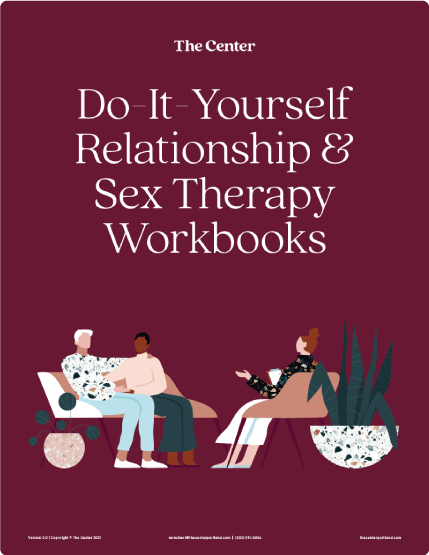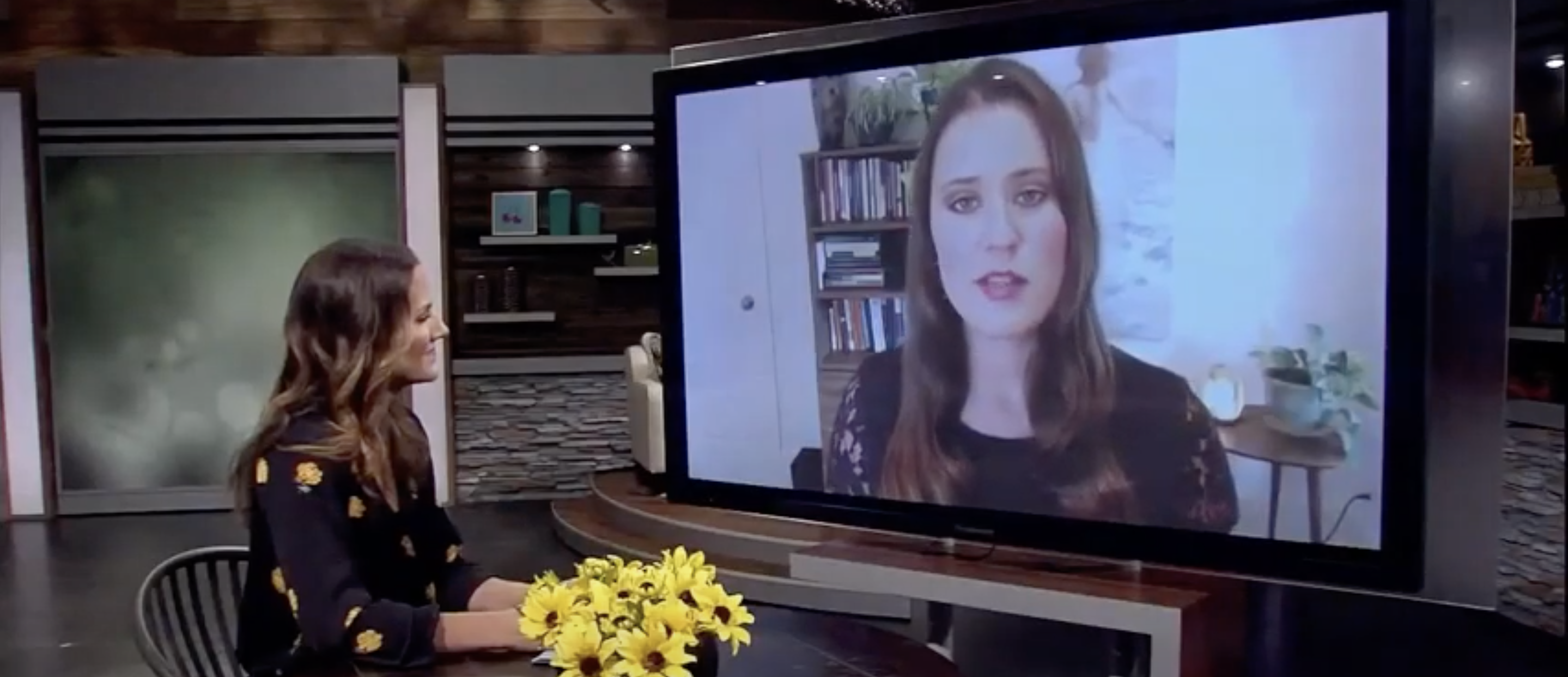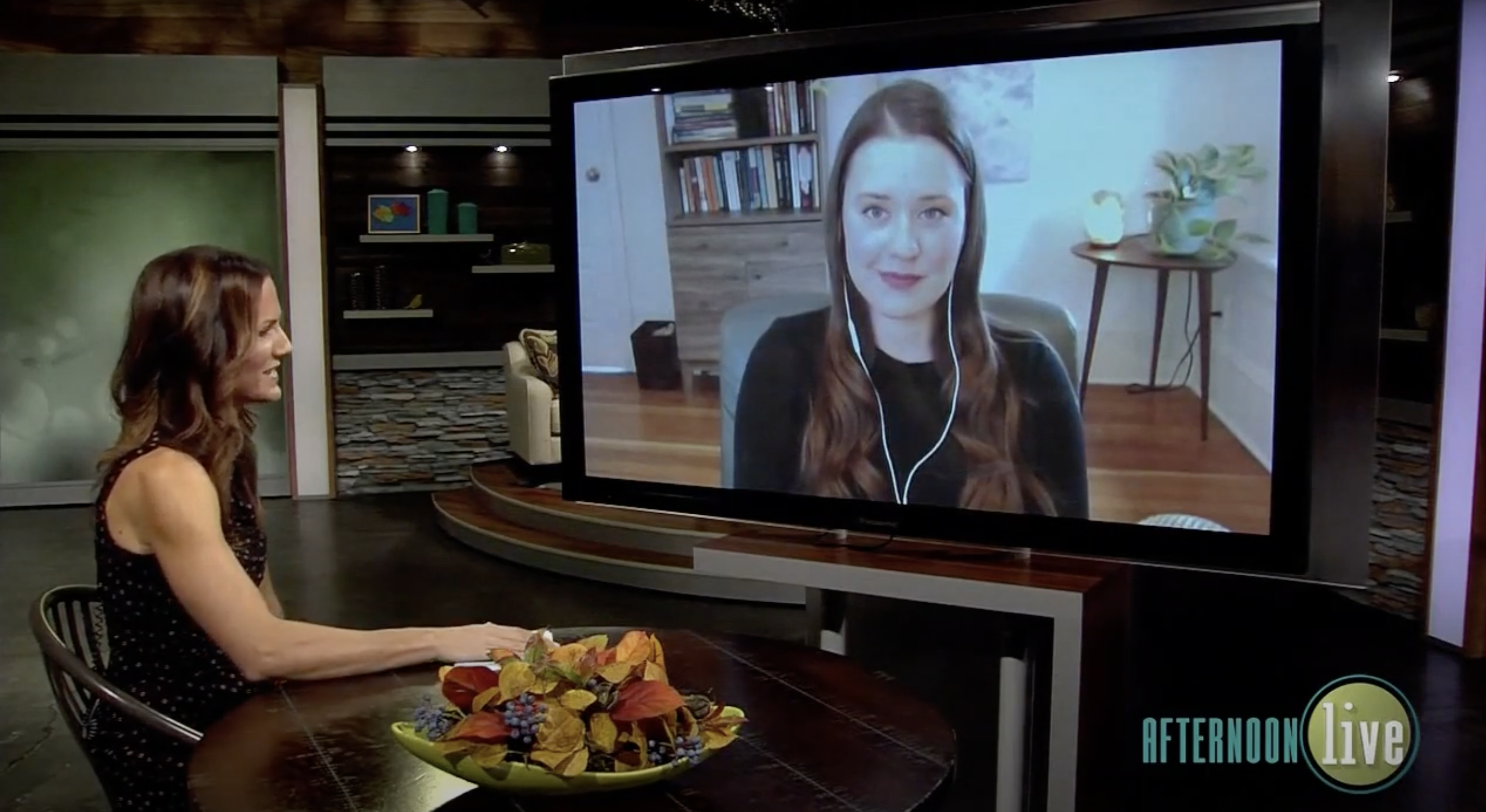When you are noticing that your marriage is struggling, you may find yourself asking questions like: Can my marriage be repaired? Can we be happy again? Can divorce be a path to happiness? How would divorce impact my family? What really happens during the legal process of getting a divorce?
If you’ve been struggling with your partner for a long time, you might feel like you’re stuck at an impasse. You’re wondering, what happened to the love and connection you used to share? Now, it’s time to make the decision to either work it out or to separate.
Couples often find that they are on opposing sides of this decision. One of you is thinking that ending the relationship is the best option, while the other is more motivated to save the relationship by getting professional help. If this sounds like you and your partner, Discernment Counseling may be a step in the right direction.
What is the purpose of Discernment Counseling?
The goal of Discernment Counseling is not to solve your relationship problems, but rather to help you and your partner gain clarity and confidence in the direction you both want to take your marriage. The counselor’s position is neutral. There is no agenda to push you and your partner in any particular direction.
The decision to stay together or separate is a challenging one. Discernment Counseling will help you and your partner understand how you got to this place and how each of you contributes to the relationship problems.
What are our options if we are considering divorce?
Discernment counselors often discuss 3 paths that struggling couples can take:
1. Maintaining the Status Quo: Taking this path would mean that you remain together but change nothing. This path typically leads to no change regarding the issues within the relationship that are sustaining the problems.
2. Separation/Divorce: This path would include exploring what divorce would look like for you, and ultimately agreeing to end the relationship.
3. Reconciliation/Repair: This path would mean that you and your partner will commit to working through couple’s therapy, where divorce is off the table.
During this time, you would actively work with a therapist to gain insight into how your relationship issues manifested and what perpetuates them. Your therapist will guide you in learning new skills to move past these issues, and help you to reignite the foundation of love, connection, and security within your relationship.
What does Discernment Counseling Look Like?
During the first session, you’d meet with the counselor as a couple to explore what got you to this point. Your counselor will ask questions such as:
- What relationship issues are you facing?
- What attempts have you taken to repair the relationship?
- What role do children play in your decision-making process?
During subsequent sessions, your counselor will split time between you and your partner to discuss what each path may bring you. Each session would include time for you and your partner to discuss with each other any important take-aways that you had while meeting individually. Sessions would end with the counselor summarizing the discussions and wrapping up the session.
This process aims to uncover interactional patterns in order to help you and your partner see the relationship in a new light. It also guides you both in seeing how your own role may be contributing to the issues within the relationship. This can help bring into focus the work that needs to be done.
Sessions would continue with this general flow until you and your partner are confident in your decision making. At which time you would end Discernment Counseling and move forward on the path that you and your partner have chosen.
Why choose Discernment Counseling?
You and your partner may not feel like you are on the same page about staying together. You may not be ready to commit to months of couples’ therapy. Starting with Discernment Counseling can help you find common ground. Having a better understanding of the paths in front of you can help guide your decision-making process. It is important to have insight into what is causing the problems within your relationship to better see what putting in the work may look like.
Benefits of Discernment Counseling
Discernment Counseling can help you carefully and collaboratively make decisions about your marriage. It can help you become better communicators, and become more cooperative in the divorce process if that is your chosen path.
Even if your marriage ends, Discernment Counseling can be beneficial for future relationships.Often, the issues you experience in one relationship will be present in future relationships as well.
The structure of Discernment Counseling can be especially helpful if you are part of a couple that is highly escalated. If you notice that you and your partner cannot speak without fighting, having that individual time with the counselor can help you both communicate more efficiently.
Being in the place of having to make this decision can be incredibly painful, but if you are ready to commit to the process, I am ready to help you gain clarity and have confidence in the decision you are facing.
Do you and your partner need help deciding how to move forward in your relationship? Click here to schedule a free consultation with Natasha.
Here are a few other articles you might find helpful:







